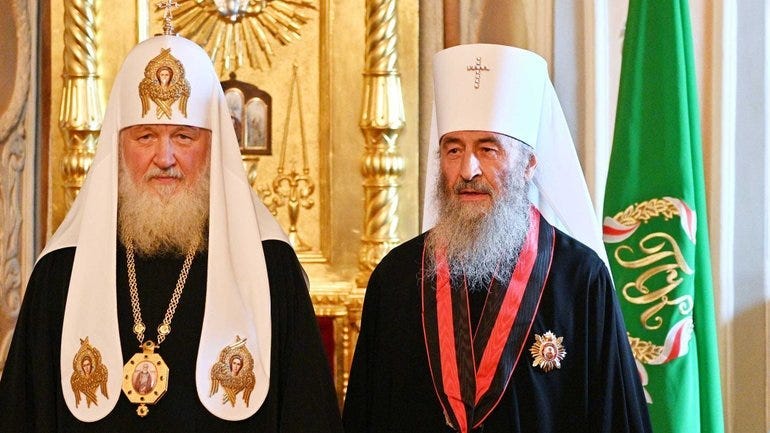Official: Ukrainian Orthodox Church must cut ties with Moscow
"The only requirement is to sever ties with the Moscow Patriarch."
A Ukrainian government official has said that a new law banning activity by the Russian Orthodox Church will not apply to Ukrainian Orthodox Church bishops affiliated with the Moscow Patriarchate, as long as they clearly and definitively cut ties with Moscow.

